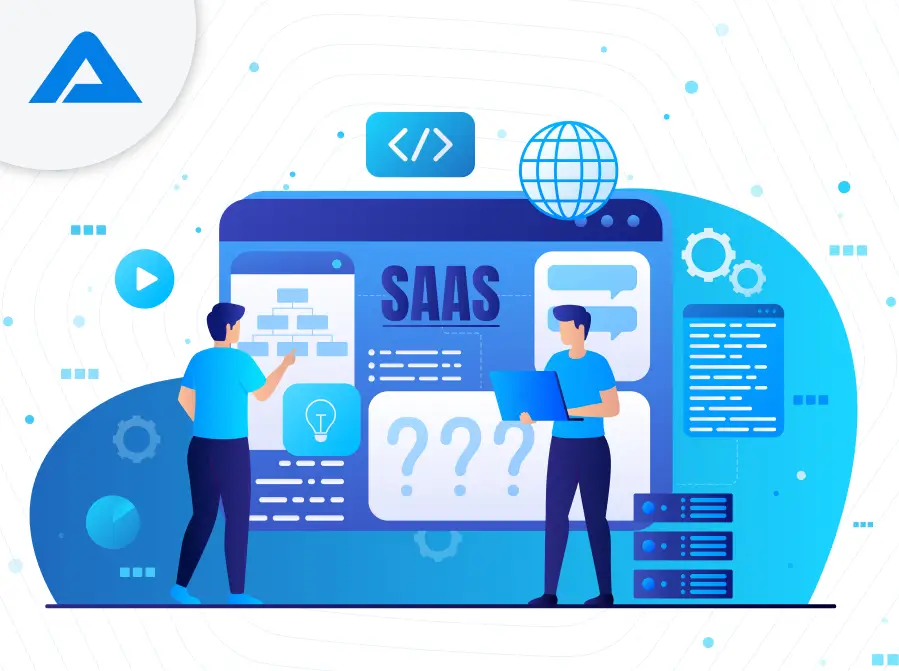As the demand for Software as a Service (SaaS) solutions grows in 2024, leveraging specialized development services is essential for businesses looking to thrive. Whether you're looking to build a scalable solution or enhance your app's user experience, the right development services can turn your ideas into reality. Here's an overview of the top ten SaaS development services that can help you build a robust, successful application.
1. Custom Software Development
Custom software development is a service designed to meet the unique needs of your business. By tailoring applications to fit specific workflows and processes, custom development ensures that your software aligns with your company’s goals. Click here It allows businesses to build applications with features that directly support their objectives, resulting in increased productivity and efficiency. With custom solutions, businesses can avoid the limitations of off-the-shelf software and create something that’s truly scalable and flexible.
2. Cloud Application Development
As businesses increasingly rely on cloud technology, cloud application development has become crucial. Cloud-based applications provide a scalable and cost-effective way to deploy software solutions. They allow businesses to handle varying workloads and spikes in traffic, ensuring consistent performance even during peak times. Cloud solutions also facilitate remote work, enabling teams to access applications from anywhere with an internet connection. This flexibility ensures that businesses remain agile and can quickly adapt to changing business needs.
3. API Development and Integration
API development and integration are key to making your SaaS application more functional and interconnected. APIs enable different software systems to communicate with each other, allowing seamless data exchange and process automation. By developing and integrating APIs, businesses can enhance the user experience, streamline operations, and enable third-party integrations. Click here Effective API strategies can reduce redundancies, eliminate manual work, and improve service offerings by connecting your software with other popular tools.
4. UX/UI Design Services
User experience (UX) and user interface (UI) design are critical components in ensuring your SaaS application is successful. UX/UI design focuses on creating a user-friendly interface that simplifies interactions, making it easier for users to navigate and achieve their goals. A seamless and visually appealing design can significantly increase user satisfaction and retention. Additionally, well-executed design fosters brand loyalty by creating an emotional connection with users, making them more likely to return. Prioritizing UX/UI design also reduces bounce rates and improves overall engagement, ultimately leading to higher conversion rates and business growth.
5. Quality Assurance and Testing
Quality assurance (QA) and testing are vital to ensure your SaaS application delivers a flawless experience. Through comprehensive testing, businesses can identify bugs, performance issues, or security vulnerabilities before the application goes live. QA services help maintain high standards of reliability and performance, which are essential for user retention and trust. By thoroughly testing the software, businesses can also ensure it’s compatible with various devices and platforms, providing a consistent experience across the board.
6. DevOps Services
DevOps services integrate development and operations to streamline the software delivery process. This approach enhances collaboration between development, testing, and operations teams, making it possible to deploy new updates and features quickly and reliably. Click here By automating workflows, DevOps ensures that software is delivered in an efficient, consistent manner, reducing manual errors and bottlenecks. It also allows businesses to respond more swiftly to customer feedback and market changes, providing a competitive advantage.
7. Maintenance and Support
Ongoing maintenance and support services are crucial to keeping your SaaS application running smoothly post-launch. These services include regular updates to improve functionality, security patches to protect against vulnerabilities, and performance monitoring to ensure optimal operation. With continuous support, businesses can address issues quickly and minimize disruptions for end-users. Maintenance services also help extend the life of the application by ensuring it remains compatible with the latest software environments.
8. Consulting Services
SaaS consulting services offer expert advice to help businesses strategize and optimize their software solutions. Consultants assess current processes and identify areas for improvement, guiding businesses in making informed decisions that align with their overall goals. Consulting services also help organizations define clear roadmaps for their SaaS projects, ensuring that they prioritize features and functionalities that will deliver the most value. By tapping into expert knowledge, businesses can avoid costly mistakes, reduce development time, and implement industry best practices.
9. Data Security Solutions
Data security is a top priority for SaaS applications, especially those that handle sensitive customer information. Click here Robust data security solutions, such as encryption, secure access protocols, and regular security audits, help protect your application from cyber threats and ensure compliance with industry regulations. SaaS providers should implement multi-layered security measures to safeguard user data and prevent breaches, which can damage trust and reputation. Prioritizing security not only builds confidence with customers but also helps businesses avoid costly fines for non-compliance with data protection laws.
10. Scalability Solutions
Scalability solutions ensure that your SaaS application can grow with your business, accommodating increasing workloads, users, and data without compromising performance. As demand fluctuates, scalable systems can adjust resources to meet new requirements, helping businesses optimize costs and maintain performance. Scalability allows businesses to add new features or expand infrastructure effortlessly as needed, avoiding the limitations of static systems. Click here It’s particularly beneficial for startups and growing businesses that expect rapid growth but want to avoid significant system overhauls.


